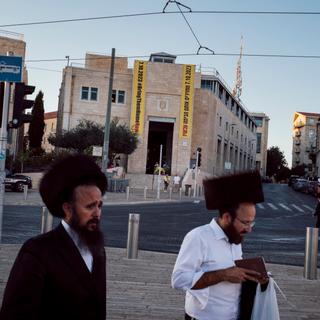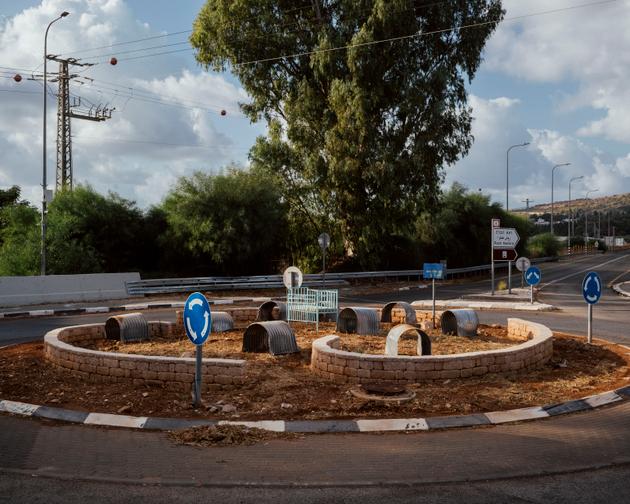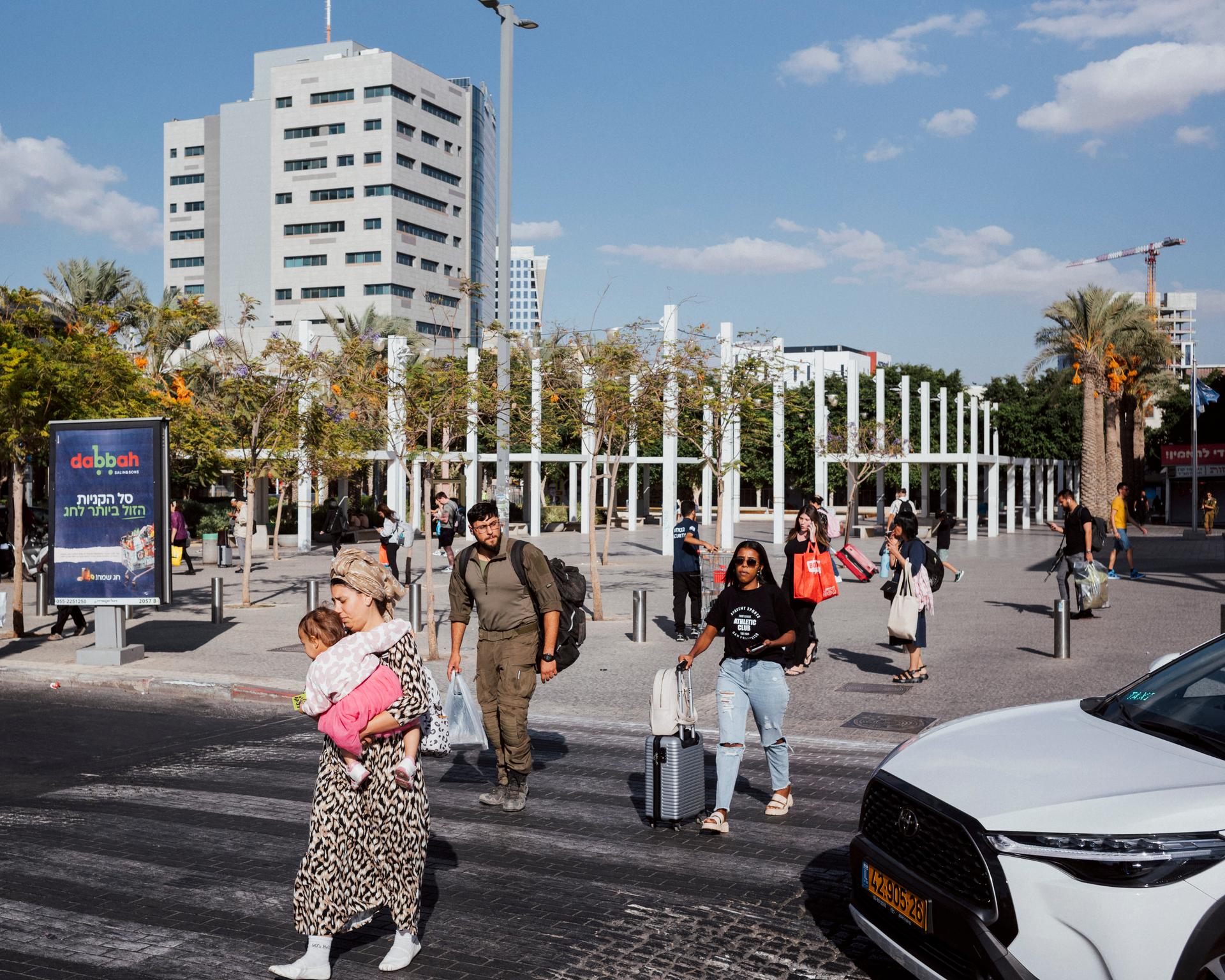


'October 7 sent us back into survival mode': Divided Israeli society shares in fear and confusion
FeatureYanay the soldier, Reuven and Avi the kibbutzniks, Dana the party planner and Léah, who works in the theater, have different political views. But they all share the same fears.
There are students, tech workers, doctors, executives and unemployed people. All they have taken over the Mahane Yehuda market in West Jerusalem for one afternoon – passing through, between two fronts, between two wars. They all look the same, in the same casual sportswear, with weapons they don't put down. Some are having drinks, chatting to each other, shopping. These soldiers of the 98th division have only recently left Gaza, where they have been operating for more than six months. They are now heading for the "northern front" – to the other conflict that is spreading into Lebanon.

Like the others, Yanay Cohen clutches his gun tightly. It's dirty, encrusted with the dust of Gaza. Sometimes, he switches on the torch at the end of the barrel, as if to check that it's ready, that it won't let him down. Before October 7, 2023, Yanay was a guide in Jerusalem, an expert in the city's history, from antiquity to the modern days, at doctoral level. Now, he's 49 and a soldier.
His nerves seem to be in a worrying state. He wonders what "the trauma of 7 October" is really all about, with so many reasons to feel bad since then, and he also wonders about the "acceptable level of PTSD [post-traumatic stress disorder]" because he has no intention whatsoever of escaping the war. "I think I've been waiting for this moment all my life. Or rather, I've dreaded it. We're living on a volcano."
'We felt like strangers to everything'
He sits in a café, away from the noise of the other soldiers. On the morning of October 7, 2023, as the first images of the Hamas atrocities appeared on social media, Yonay grabbed his gun, went to the nearest barracks and volunteered to "defend Jerusalem," his city. "I'd seen the Hamas pick-ups hurtling toward Sderot, it was the sign of a new era. In that, I was not mistaken." No uprising took place in Jerusalem, and Yanay was sent to Gaza. Weeks and months of operations followed.

This café is frequented by students from the art school next door. The waitress sports intricate piercings and tattoos. He doesn't look at her like a privileged bystander. She doesn't talk to him like a curious beast. The world is now full of men like Yanay, who can only talk about this war that has devoured everything. His dotted narrative – there is so much that can't be said – reveals the details, sordid and grotesque, of life in the ruins.
"I lived for three weeks with my uniform soaked with the fluids of the wounded I carried, without being able to wash or change. When three other guys and I were able to go out on a short leave, we found ourselves in the middle of the night in front of my car parked in a base not far from Gaza. Just like that, we'd passed into another world. We all got undressed and found ourselves on the highway, in our briefs, with our stinking clothes in plastic bags, our guns on our laps. We felt like strangers to everything."
You have 72.24% of this article left to read. The rest is for subscribers only.
